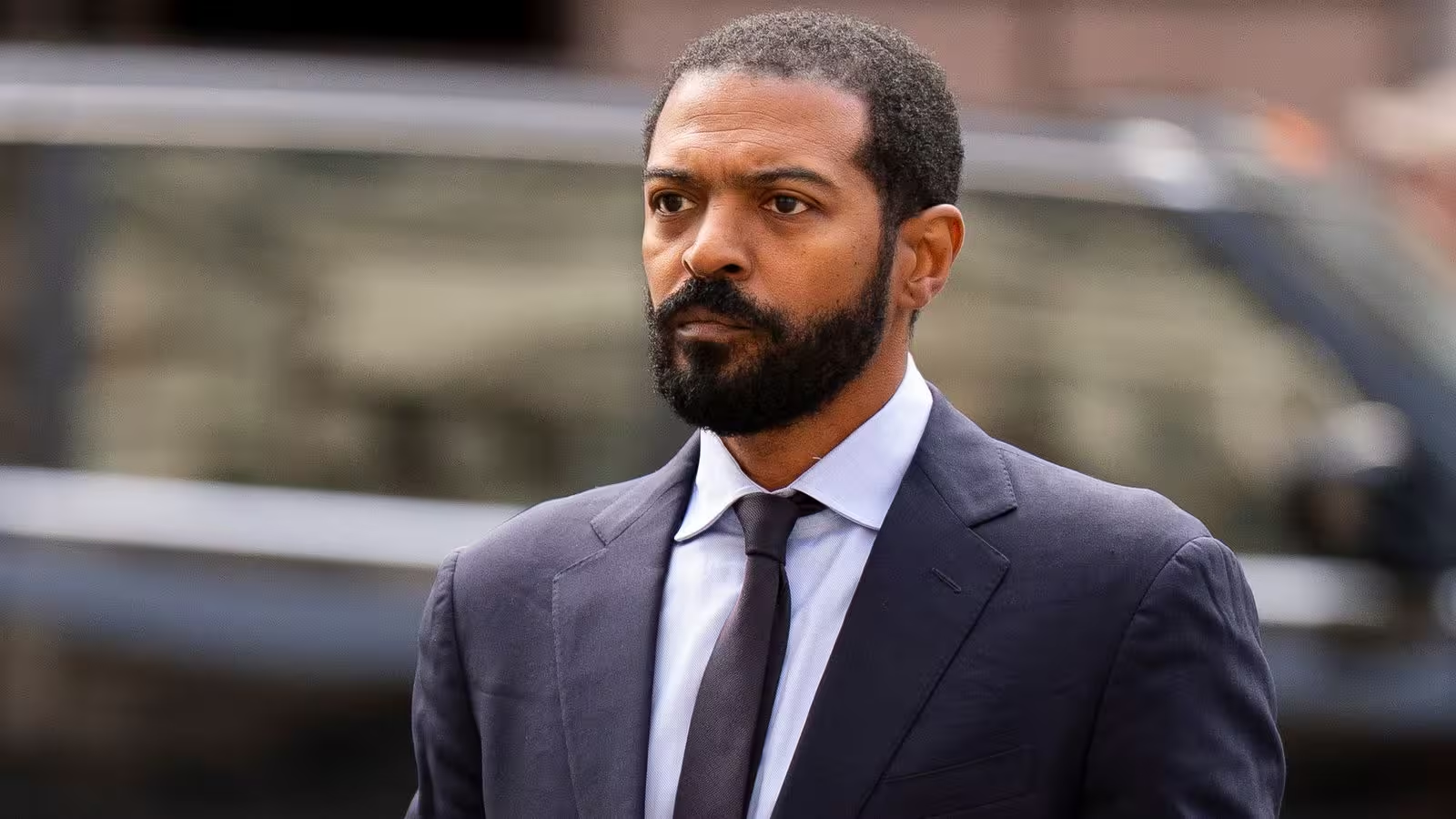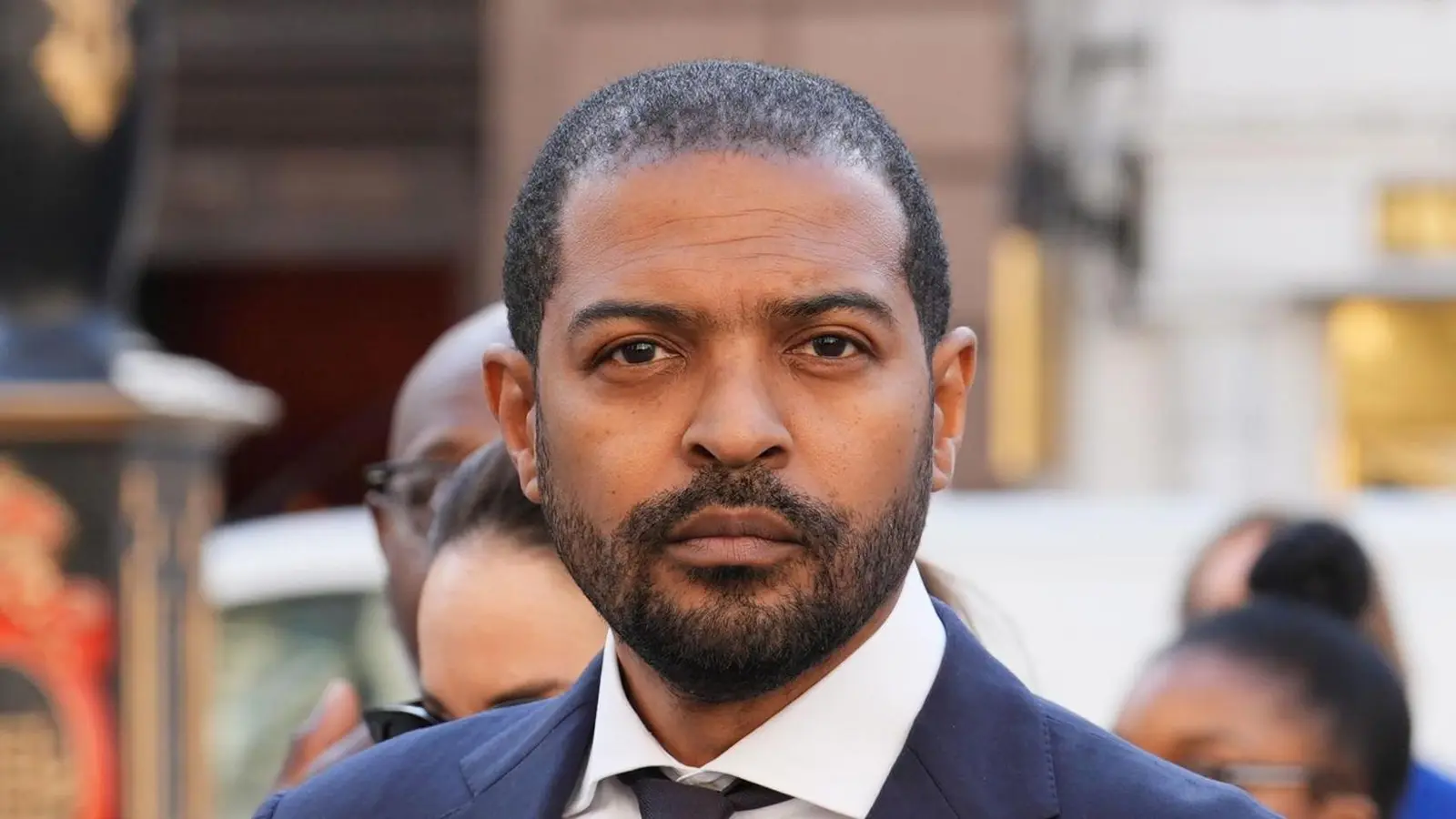6 Minutes
Raid, Arrest and Legal Fallout
Reports emerged this week that British actor and filmmaker Noel Clarke was arrested at his family home in Kensington, London, and that Metropolitan Police officers carried out a search, seizing items including laptops and documents. The initial coverage, carried by outlets such as The Sun and The Guardian, did not specify the alleged offences prompting the arrest. Law enforcement and Clarke himself have been approached for comment, but official details remain limited as the matter appears to be under active investigation.
The latest development arrives three years after a string of allegations of sexual misconduct — originally reported by The Guardian in 2021 — from more than 20 women. Clarke denied the allegations and subsequently lost a libel lawsuit against the newspaper. After that legal defeat, he was ordered to pay at least £3 million in legal costs, a sum that underscored how damaging litigation can be even when the facts remain contested in the public domain.
From Kidulthood to Doctor Who: A Career Interrupted
Noel Clarke rose to prominence in the mid-2000s with Kidulthood, a gritty, influential portrayal of London youth that helped refresh British urban cinema and inspired follow-ups and copycats across the U.K. film scene. He later became familiar to international audiences as Mickey Smith on the revamped Doctor Who, and he crossed into Hollywood with roles in films like Star Trek Into Darkness. On UK television his most recent notable project was ITV’s Viewpoint in 2021, after which he largely disappeared from mainstream screen projects as the allegations and ensuing litigation unfolded.
The contrast between Clarke’s once-ascending career and his current situation is stark: a creator who gave voice to younger, urban stories and a recognizable supporting actor in genre staples has found himself the subject of intense public scrutiny and legal consequence.
Industry Context and Cultural Repercussions
Clarke’s case sits within a broader industry reckoning that began in earnest with the #MeToo movement: accusations against high-profile figures have prompted studios, broadcasters, and independent producers to reconsider both the professional and reputational risk of working with accused individuals. Beyond immediate legal exposure, the long-term effects often include project cancellations, difficulty securing financing, and informal blacklisting.

There are also artistic consequences. Kidulthood and similar films energized a generation of British filmmakers and actors; when a prominent figure from that scene becomes embroiled in controversy, it complicates how audiences and historians view the works themselves. Do we separate art from artist? The debate animates critics and fans alike.
Fan Reaction and the Media Landscape
Reaction on social media and fan forums has been mixed and intense. Many viewers who admired Clarke’s early work expressed shock; others stressed the need for due process and cautioned against rushing to judgement. The coverage also illustrates how modern journalism and tabloid reporting intersect: The Guardian’s investigative piece prompted formal legal action, while tabloid images of police carrying seized items can shape public perception long before courts speak.
This case also underlines the financial and emotional toll that public allegations and ensuing legal battles can exact on everyone involved: alleged victims, the accused, and collaborators left holding credits on projects that may never see release.
"Noel Clarke's trajectory is a cautionary tale about rapid cultural ascent and sudden reputational collapse," says film critic Anna Kovacs. "For creatives and industry executives, it raises urgent questions about accountability, mentorship, and the gatekeeping role institutions must play."
Comparisons and Creative Legacy
Comparisons with other industry scandals are inevitable, though each case has distinct facts and legal contours. What is common is the ripple effect: careers stall, projects are re-evaluated, and cultural memory of the work is altered. For Clarke, the legacy of Kidulthood and his contribution to British genre television will now be read alongside the controversy, complicating any straightforward celebration of his output.
Trivia-minded readers will note that Clarke’s presence in both cult UK cinema and mainstream genre franchises is a reminder of how British actors often straddle local and global industries. His career arc—from gritty indie streets to the TARDIS and onto big-budget films—demonstrates the permeability of modern screen careers and the potential for crossover success.
What Comes Next
As the legal process unfolds, the industry will likely remain cautious. Broadcasters and streaming platforms typically pause collaborations until investigations conclude; producers weigh commercial risk and public reaction before moving forward. For audiences, the story is a complicated blend of true-crime intrigue and cultural conversation: it is about individual accountability, institutional response, and how we preserve or re-evaluate art amid controversy.
Whether Clarke will return to meaningful screen work depends on legal outcomes, public sentiment, and the willingness of collaborators to re-engage. For now, the arrest and raid are the latest chapter in a saga that began with allegations in 2021 and has continued to reverberate through British film and television.
In many ways this story is not just about one figure but about the industry’s ongoing attempt to reconcile talent and accountability in an era of heightened scrutiny.
Source: deadline



Leave a Comment